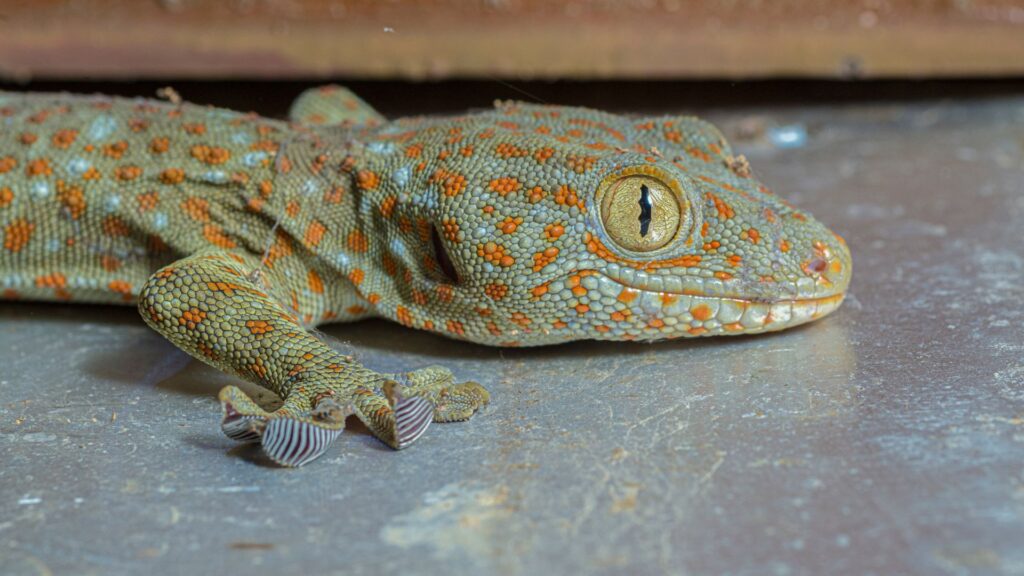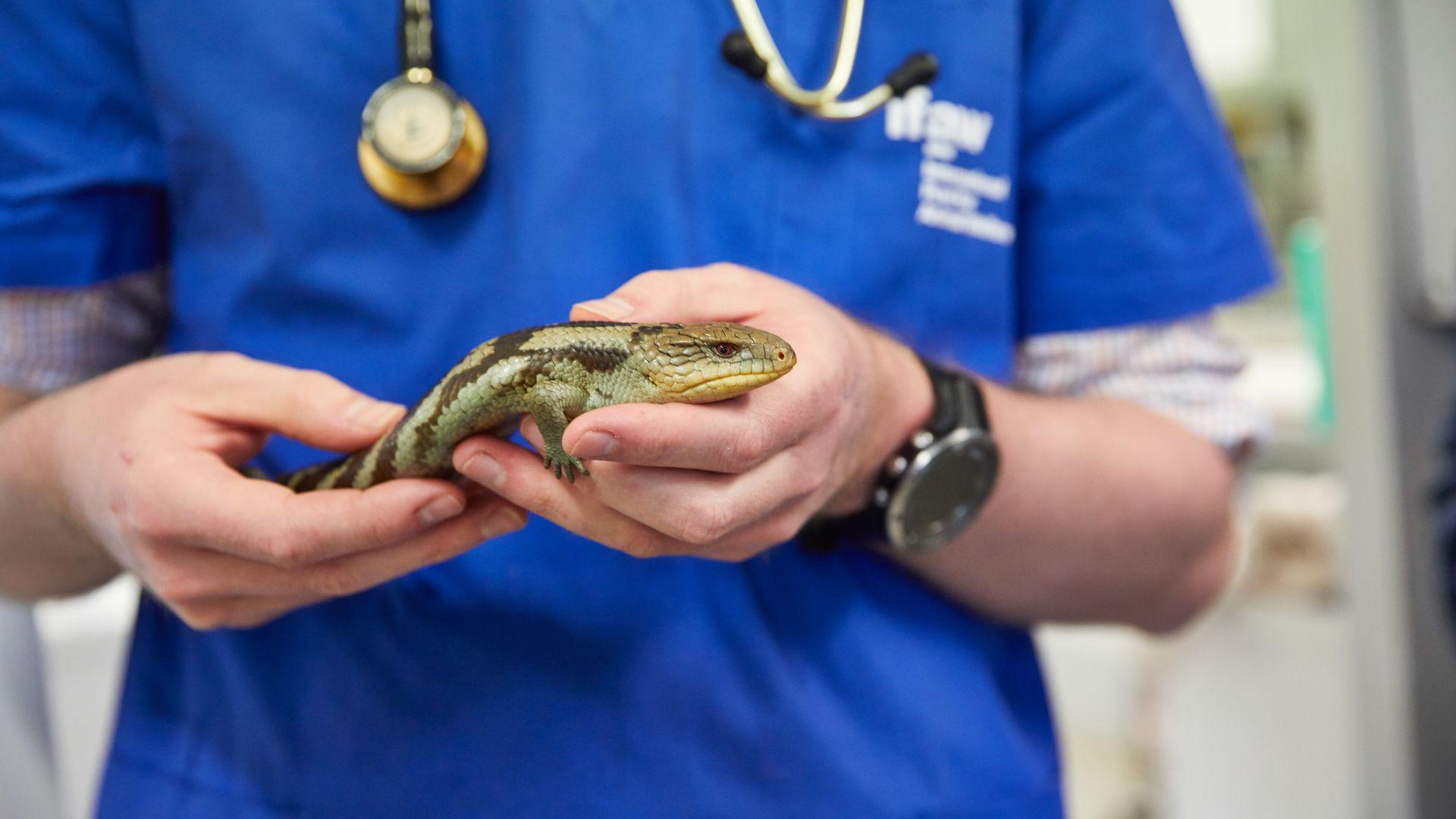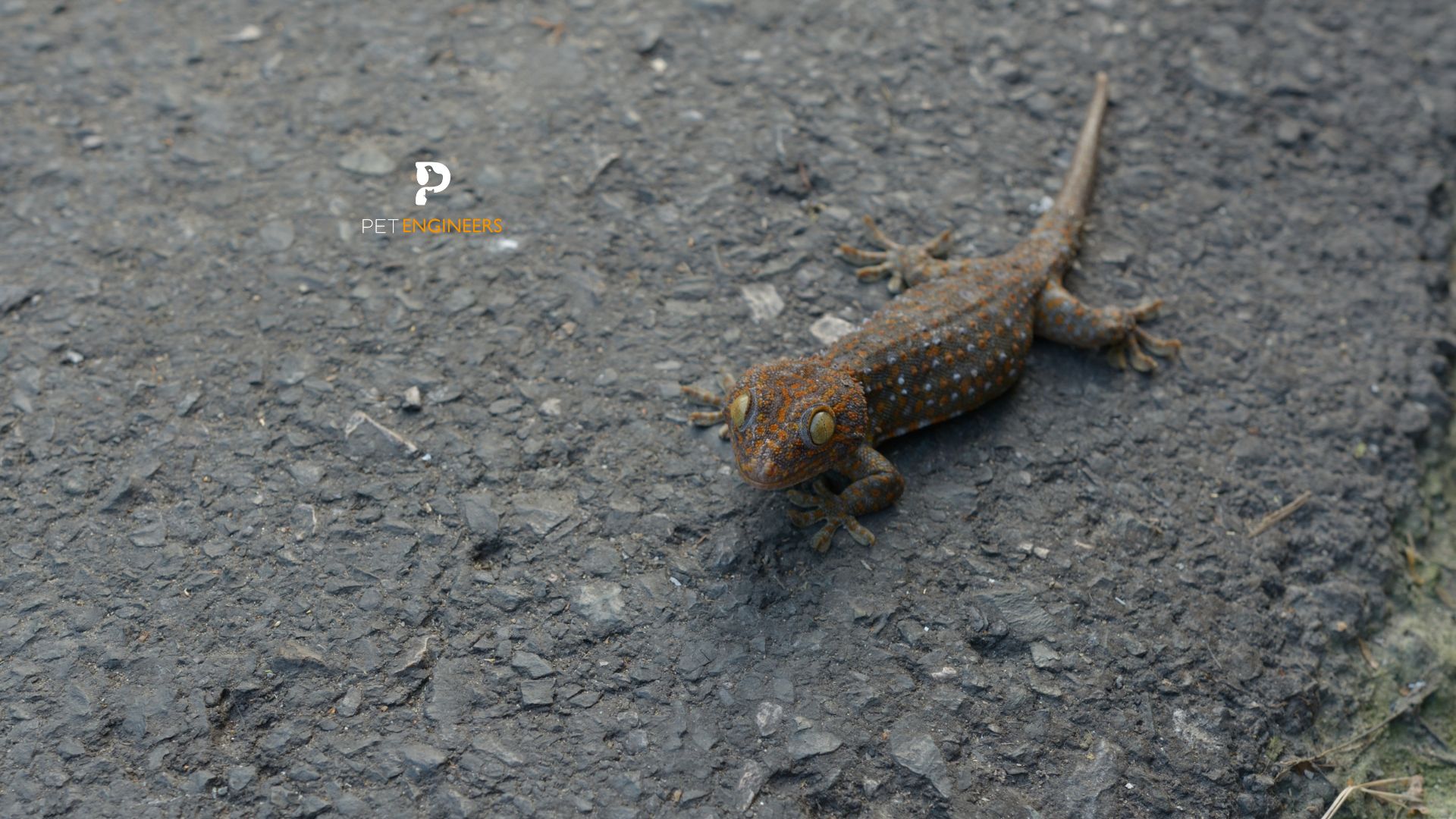
Key Takeaway:
- Some signs of a dying Tokay gecko include lethargy, loss of appetite, difficulty in moving or breathing, sunken eyes and a lack of response to stimuli
- Proper husbandry practices, such as maintaining appropriate humidity levels and temperature, and providing a varied and nutritious diet, can help prevent sickness in Tokay geckos
- If you notice any signs of illness in your Tokay gecko, seek veterinary care immediately.
- A veterinarian with experience treating reptiles can help diagnose and treat the underlying issue
- Regular health check-ups and proactive monitoring of your gecko’s health can help detect potential health problems early on, increasing the chances of successful treatment and recovery.
Tokay geckos are fascinating creatures that make great pets due to their unique appearance and behavior.
However, as with any pet, they require proper care and attention to maintain their health and well-being.
Unfortunately, sometimes even the best care can’t prevent illness, and it’s important for tokay gecko owners to know the signs of a dying gecko.
In this article, we will explore the various signs of a dying tokay gecko, how to prevent sickness, and what to do if you suspect your gecko is in trouble.
By being aware of these crucial factors, you can help ensure that your beloved pet lives a long and healthy life.
How Long Do Tokay Geckos Live For?
Tokay geckos are a species of gecko that can live up to 20 years in the wild. However, in captivity, the lifespan of tokay geckos can range from 10 to 15 years.
The lifespan of a tokay gecko depends on several factors, including its diet, living conditions, and overall health.
Tokay geckos that are kept in suitable living conditions and receive proper care have a higher chance of living a longer and healthier life.
It is important to note that the lifespan of a tokay gecko can be significantly reduced if it is not kept in proper living conditions or exposed to stress or disease.
As a responsible pet owner, providing your tokay gecko with a suitable living environment and proper care is crucial to ensure its longevity.
6 Signs of A Tokay Gecko Dying
Here are six warning signs to look out for that may indicate your Tokay Gecko is ill or dying.
Reduced Appetite
A reduction in appetite is a common sign of illness in Tokay Geckos. If your gecko has stopped eating or is eating significantly less than usual, it could be a sign of a serious health issue.
Lethargy
If your Tokay Gecko is showing a lack of energy or is generally inactive, it could be a sign of illness.
If it’s not moving or doesn’t respond when you try to interact with it, it may be a sign that something is wrong.
Weight Loss
If you notice that your Tokay Gecko has lost a significant amount of weight, it’s likely that it’s suffering from a health issue.
Weight loss can be caused by many factors, including digestive problems, parasitic infections, and dehydration.

Abnormal Feces
If your Tokay Gecko’s feces is runny, discolored, or foul-smelling, it could be a sign of illness.
Abnormal feces can indicate that your gecko is suffering from a digestive issue or a parasitic infection.
Breathing Difficulties
If your Tokay Gecko is having difficulty breathing, it could be a sign of a respiratory infection.
Signs of respiratory issues include wheezing, coughing and labored breathing.
Loss of Color
If your Tokay Gecko is losing its vibrant colors or appears pale, it could be a sign of a serious health issue.
Loss of color can be a symptom of many illnesses, including infections and parasitic infestations.
If you notice any of these symptoms, it’s essential to take your Tokay Gecko to a veterinarian who specializes in reptiles.
Early intervention can help increase the chances of a positive outcome. Monitoring your Tokay Gecko’s behavior and health regularly is important to ensure its happy and healthy.
What To Do When You Notice the Signs of Your Tokay Gecko Dying?
Unfortunately, like all living creatures, Tokay geckos can become sick and eventually die.
If you notice any of the signs mentioned above, it is important to take immediate action to try and save its life.
You will need to consult a veterinarian who specializes in reptile care as soon as possible.
In addition to seeking veterinary care, there are some things that you can do at home to help save your gecko’s life.
These include ensuring that your gecko has access to clean water, providing a comfortable and warm environment, and offering food that is easy to digest.
It is also important to avoid handling your gecko too much, as this can cause additional stress that could worsen its condition.
When To Take Your Tokay Gecko to The Vet?
While Tokay geckos are hardy creatures, they may still require medical attention if they become ill or injured.
Knowing when to take your gecko to the vet is important for ensuring its health and well-being.
You should take your Tokay gecko to the vet if you notice any of the following signs.
- Loss of appetite or weight loss
- Lethargy or lack of activity
- Abnormalities in fecal matter or urine
- Respiratory distress or difficulty breathing
- Skin lesions, wounds, or unexplained bleeding
- Parasites or other signs of infection
It is crucial to be vigilant and take action if you notice any changes in your gecko’s behavior or appearance.

How To Help Prevent Sickness in Tokay Geckos
Preventing sickness in your Tokay gecko is important for ensuring its long-term health and well-being. There are several steps you can take to help prevent sickness in your gecko:
Maintain a Clean Enclosure
Regularly cleaning and disinfecting your gecko’s enclosure to prevent the build-up of harmful bacteria and parasites.
Provide Proper Nutrition
Offer your gecko a varied and balanced diet that includes live insects, fruits, and vegetables to ensure it receives all the necessary nutrients.
Provide Proper Temperature and Humidity
Tokay geckos require specific temperature and humidity levels to thrive. Use a thermometer and hygrometer to monitor these levels and make adjustments as needed.
Avoid Over-Handling
Tokay geckos are not naturally social creatures and can become stressed by too much handling. Limit handling to necessary tasks such as feeding and cleaning.
Quarantine new geckos
If you are introducing a new gecko to your collection, keep it separate from your other geckos for several weeks to ensure it is healthy and free from parasites or other illnesses.
Following these tips can help prevent sickness in your Tokay gecko and ensure it remains healthy and happy for years.
FAQs
What Does a Dying Tokay Gecko Look Like?
When a Tokay Gecko is dying, there are several signs you can look out for.
Firstly, it may become lethargic and weak.
You may notice that it is not moving around as much as usual and seems to be spending more time resting.
Secondly, its skin may become discolored or dry and begin to shed excessively.
Thirdly, its appetite may decrease, and it may stop eating altogether.
Fourthly, it may have difficulty breathing and appear gasping for air. Lastly, it may develop neurological symptoms, such as seizures.
Is My Tokay Gecko Dead or Sleeping?
It can be difficult to tell whether your Tokay Gecko is sleeping or dead. One way to check is to gently touch it with a soft object, such as a tissue or cotton bud.
If it is sleeping, it should move or react to the touch. However, if it is dead, it will not move.
You can also check for other signs of life, such as breathing, a pulse, or the movement of the eyes. It may be dead if your Tokay Gecko does not respond to any of these tests.
Why Is My Tokay Gecko Stiff?
If your Tokay Gecko is stiff, it may be due to a number of reasons.
Firstly, it may have recently shed its skin, which can cause stiffness for a short period of time.
Secondly, it may be cold and trying to conserve its body heat.
If you are concerned about the stiffness of your Tokay Gecko, it is always best to consult with a veterinarian to determine the underlying cause and the appropriate treatment.
Conclusion
It is essential for tokay gecko owners to be aware of the signs of a dying gecko and take appropriate measures to prevent and treat illnesses.
Regular check-ups with a veterinarian and maintaining proper humidity and temperature levels can go a long way in preventing sickness in these fascinating creatures.
Additionally, it’s important to note that if you suspect your gecko is dying, you should take immediate action to provide it with the necessary care and attention.
Remember, early detection and treatment are crucial in helping your tokay gecko live a long and healthy life.
Sources

